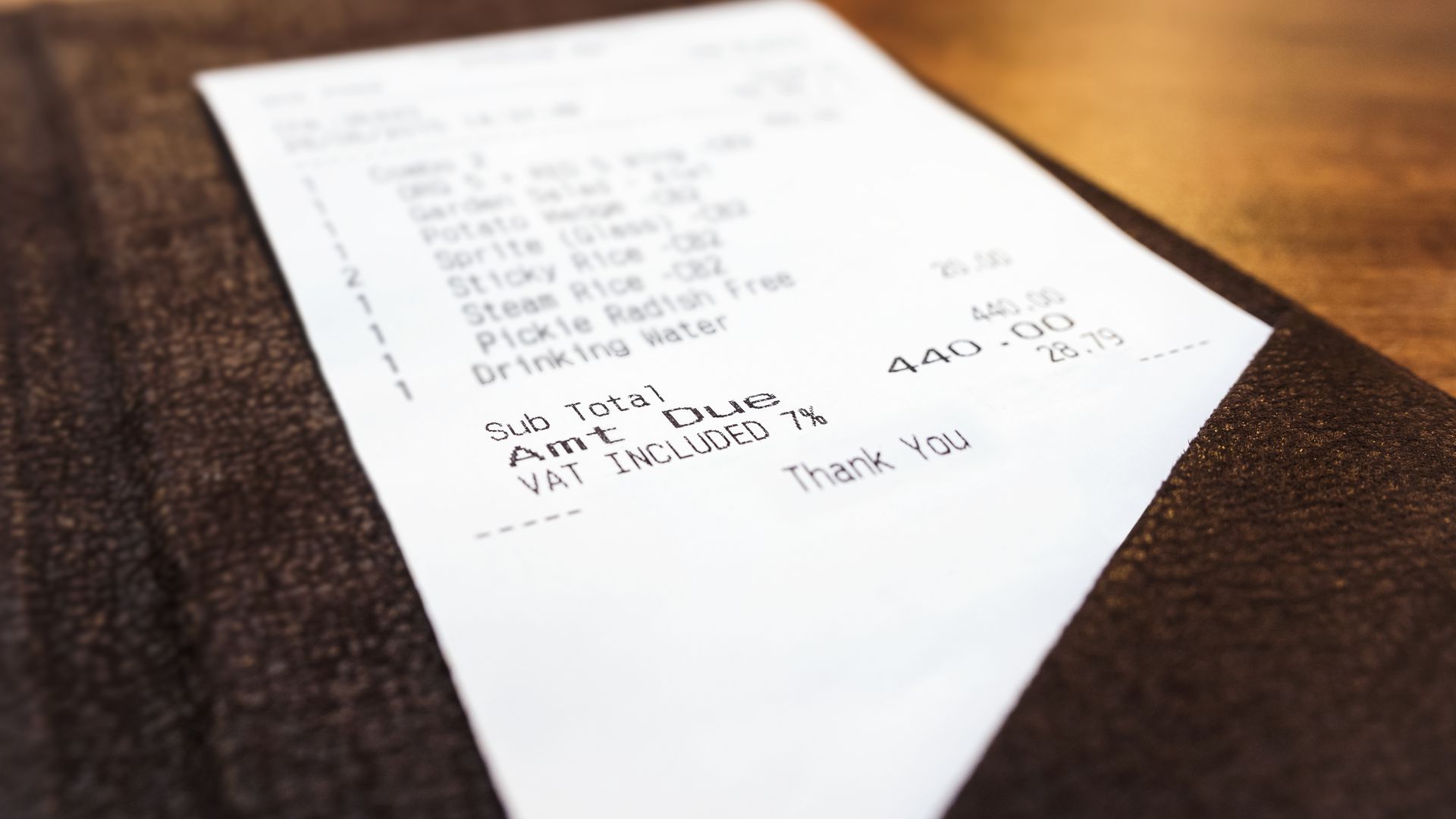
MENU PRICES AT CALIFORNIA RESTAURANTS AND BARS ARE ABOUT TO GO UP
The California Attorney General’s office has officially laid out how the state’s so-called junk fee ban will impact restaurants and bars. On Wednesday, May 8, the office released a much-anticipated list of Frequently Asked Questions about SB 478, specifically addressing whether or not the legislation will make restaurant service fees illegal when the law goes into effect on July 1.
According to the release, restaurants and bars will need to fold mandatory fees into listed menu prices.
It means a major sea change for the industry, requiring many business owners to rethink the way they structure both menu pricing and staff compensation. The now-banned fees include service charges, which restaurants often use to offer staff more consistent and higher wages, and fees to cover the cost of health care for workers, which have been an industry standard in San Francisco and the greater Bay Area for almost a decade. The law also bans automatic gratuities, which the vast majority of restaurants and bars charge large parties as a way to protect staff from getting stiff on tips.
Earlier this month, restaurant and bar owners in the Bay Area expressed concern that a ban on service fees would likely cause businesses to raise prices en masse. Industry experts additionally worry that those higher prices may result in more customers choosing not to dine out. “It could put people out of business immediately,” Golden Gate Restaurant Association President Laurie Thomas told Eater SF in early May. “That’s the concern.”
There is one minor reprieve in the recently released information. The FAQs state that the AG’s office will not initially focus on restaurant service fees that go directly to staff, such as automatic gratuities. “There are many factors that we consider when making enforcement decisions,” the FAQ reads. It goes on to point out, however, that even if early enforcement does not target automatic gratuities, restaurants that use them after July 1 could be subject to private liability — namely, lawsuits from diners.
This is not the outcome the restaurant industry was hoping for, and as recently as earlier this month, industry leaders expressed hope that legislatures and the attorney general’s office could create a carve-out for restaurants and bars. In October 2023, lawmakers initially told Eater SF the bill was focused on airline, hotel, car rental, and ticket sale companies and that restaurant service fees would not be impacted so long as they were clearly disclosed to customers. But that has now turned out not to be the case.
Golden Gate Restaurant Association, San Francisco’s restaurant lobby, says that the law “will create significant challenges for the restaurant industry moving forward.” The group says that diners will not pay less but will instead see significant menu price increases. “Ending the ability for restaurants to use service charges (even if clearly and legibly listed on their menu) will have a very negative impact on the survival of this still struggling industry,” the group’s statement reads in part. “Not only will restaurants struggle, but workers will lose hours and jobs.”
2024-05-08T21:20:34Z dg43tfdfdgfd